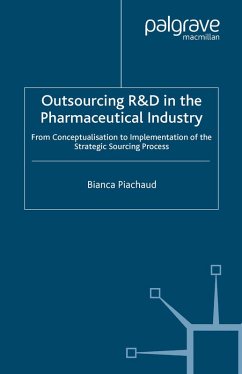Based on interviews with R&D managers and a survey amongst R&D employees, Verena Nedon shows that perceived social pressure has an immense impact on R&D employees working in OI-projects. Employees' attitude (regardless of whether positive or negative) and perceived behavioral control play an important, but not dominant role. The study also implies that intrinsic motivators have a stronger effect on employees' willingness to engage in knowledge exchange with external partners than extrinsic components. By targeting a set of relevant questions related to the human side of open innovation, the study significantly contributes to the micro-foundation of OI-research and sheds light on the hitherto neglected perspective of employees engaged in OI-projects. The findings are relevant for scholars, companies already following the OI-approach, and OI-newcomers.
Contents
- Knowledge Exchange in OI-Projects
- Individual Behavior
- Theory of Planned Behavior
- Managerial Implications
Target Groups
- Researchers and students of Innovation Management (Open Innovation), R&D, and Business Psychology
- People who are interested in Innovation Management (Open Innovation), R&D, and Project Management
The Author
Verena Nedon does research on open innovation at the Institute of Technology and Innovation Management (TUHH), focusing on knowledge exchange between R&D employees and external partners in OI-projects.
Dieser Download kann aus rechtlichen Gründen nur mit Rechnungsadresse in A, B, BG, CY, CZ, D, DK, EW, E, FIN, F, GR, HR, H, IRL, I, LT, L, LR, M, NL, PL, P, R, S, SLO, SK ausgeliefert werden.









